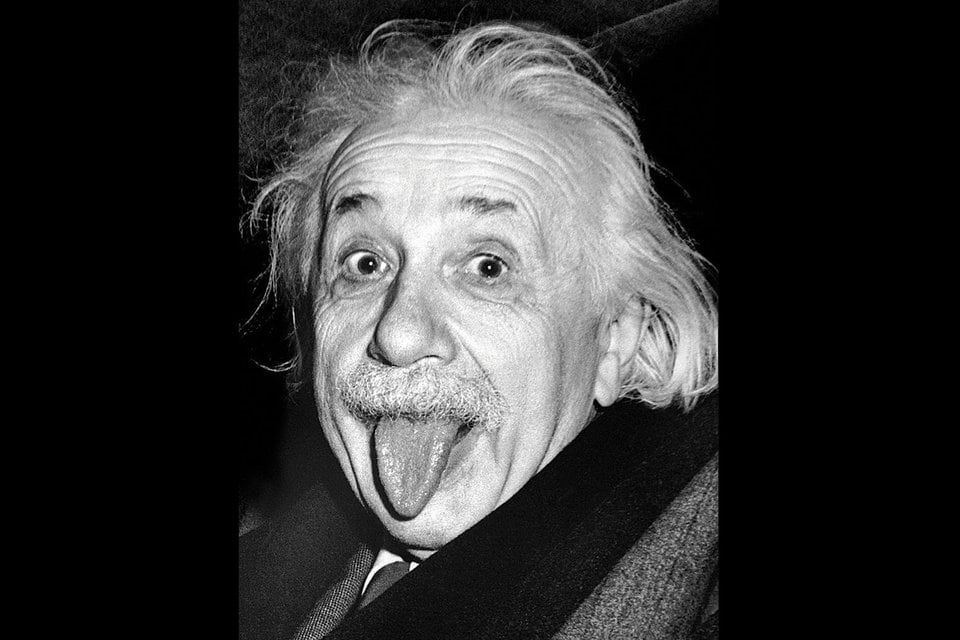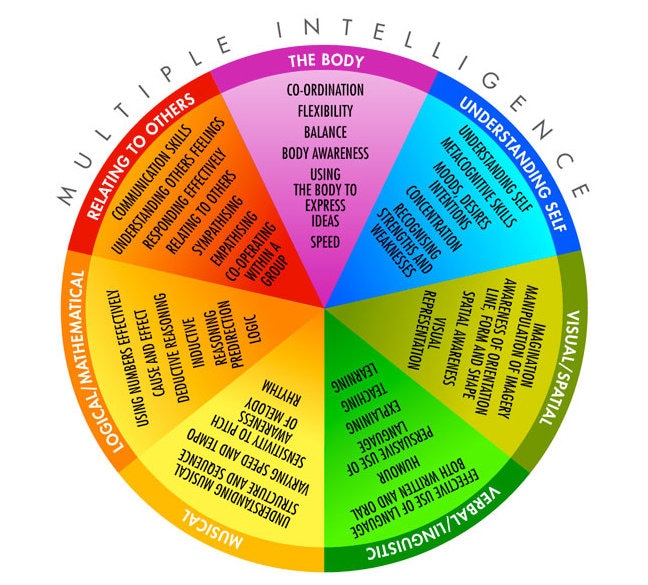The One Thing More Important than Your ACT Score
by

If you’ve just gotten a low score on a standardized test, you might feel like a real loser. But before you give up on your academic career or contemplate a minimum wage future gluing glitter to greeting cards, take heart.
There’s more you should know.
Playing The Numbers Game
Our society prides itself in being scientific, and science loves things it can measure. From the SAT and ACT to GRE, GED, GMAT, LSAT, CBSE, and ASVAB, we have a slight obsession with measurement.
We began our love story with standardized tests about a hundred years ago, when the US Army was recruiting soldiers to fight in World War I. Needing to quickly place recruits into the roles best suited for them, the Army turned to the brand new IQ test as the scientific solution for measuring individual potential.

Over 1.7 million recruits took the test, which included questions like this one:
The most prominent industry of Minneapolis is:
A. flour
B. packing
C. automobiles
D. brewing
If you were a recruit who chose flour, that meant you were smart and might become a pilot and go fight the Red Baron. If you weren’t very smart (or just didn’t know much about Minneapolis) you might be relegated to a remote outpost as junior associate potato peeler.

This rigid system of standardized testing attempted to boil down your interests, giftings, and talents--indeed your whole personhood--to a numeric score. While that might have worked in 1915 to keep the potato peelers away from dirigibles, it doesn’t work so well today in our post-industrial age.
Today our national education system still tries to reduce human competency to numbers.
Public school funding? It’s linked to standardized test scores.
College scholarship money? Standardized tests.
Top college rankings? Acceptance rates, again based on standardized tests.
Tests can measure a few things well, like your quantitative ability, test-taking, and reading comprehension. But those skills aren’t the only ones you need in life! You'll also need skills like empathy, collaboration, communication, and a host of 21st century skills that can’t easily be measured.
More Than A Number
In our rush to quantify everything scientifically, it’s easy to equate personhood with a number. In countries like China or India, where a teen’s performance on the national standardized tests are considered the key to the future.
Each year, hundreds of teen suicides in India are attributed to students who failed to get the grade they needed to pursue their life dream. Without a clear sense of life purpose and without the grade they need, their lives seem hopeless.
Not So Good At Predicting
We often equate good grades or a good score on a standardized test with long-term life success. Historically though, these things haven’t predicted genius in some of our biggest geniuses.
For example:
Albert Einstein couldn’t even read until he was seven.
Winston Churchill failed 6th grade but became a skilled orator, won a Nobel Prize in literature, and led his country in their darkest hour.
Isaac Newton was never very good in school, yet he discovered gravity and described laws of motion and universal gravitation.
Not everyone who struggles to keep up with the system is a failure, yet the standardized test is revered as an accurate measurement of smart kids.

New Perspectives
Fortunately, a growing body of research is beginning to confirm what we know to be true: that human beings have a value that can’t be measured by test scores.
In one interesting study, a student’s level of hope was found to be a better predictor of success. In another, choosing a career that matches your personality hinted more accurately at success than your score on the ACT or SAT.
Respected researchers like Howard Gardner have begun to advocate for more useful ways of looking at human potential. Rather than ask, How smart are you? on an IQ test, Gardner believes we should be asking, How are you smart? Gardner calls this multiple intelligences and believes it to be a more nuanced and useful measurement of human ability. You can take a free version of his test here.

If you need financial aid, it may be hard to get around a school’s expectation for a high score on the SAT or ACT. Happily, you can do that. While you’re studying and waiting for the next test to come around, you might even find you don’t need it.
Why?
Many colleges are beginning to acknowledge the shortcomings of standardized tests and offer alternatives. ACT and SAT scores have become optional at over 800 colleges, including most recently, George Washington University.
That’s actually what I did. Using some of these 11 alternatives to college debt, I graduated from a fully accredited college that didn’t require an ACT or SAT score. Instead, I transferred in credits that showed them my ability to do college-level work.
Failed Your ACT or SAT Test? There's Hope
So if you’re not doing well on filling in the right bubbles on an examination, take heart.
This system of measurement our society loves and tries to impose on you is old and flawed. You might need to jump through the hoops, but never, ever tie your personal worth to your score on a test. You have traits and gifts and skills that other people need you to use.
It’s been well said, “A man’s talent can take him where his character cannot sustain him.”
A standardized test measures a few things that you can change and improve. But ultimately, it’s the determination, creativity, and persistence you show that’s the true measurement of your ability. That’s what makes the Einsteins, Churchills, and Newtons to shine.
That’s called character, and no standardized test can measure that.